Installation Process
Installing a tankless water heater effectively enhances your home's energy efficiency and saves space. Prior to installation, evaluating the designated area is crucial. Hiring a professional plumber ensures the optimal placement of your heater, taking into account the fuel source, ventilation requirements, and how close it is to where you'll need hot water. Following the assessment, your plumber will remove the existing water heater and set up the new tankless unit.
Maintenance Requirements
Proper maintenance is essential for extending the lifespan of your heater. This includes routine tasks such as inspections, cleaning, and replacing parts as needed. Regularly cleaning your unit with 2.5 gallons of undiluted white vinegar is advised, as it's a safer alternative to chemical cleaners. Moreover, an annual flush of the system helps eliminate mineral buildup, keeping your water heater in top condition.
Common Issues and Troubleshooting
If you face any problems with your heater, it's best to contact a professional plumber for troubleshooting and repairs. Common issues include a lack of hot water, reduced water pressure, and error codes displayed by the unit. Frequently, these problems can stem from insufficient gas or electricity supply, so checking the connections for proper function is crucial. Moreover, a lack of hot water could be due to a clogged filter or a faulty thermostat.
Energy Efficiency and Environmental Impact
Energy Savings
They excel in energy efficiency compared to traditional storage tank models by heating water only on demand, eliminating the need to reheat water continuously. This reduction in energy use can lead to significant savings on your energy bills. The Department of Energy notes tankless water heaters can be up to 34% more energy-efficient for homes using 41 gallons or less of hot water daily. Even for homes with higher hot water consumption, savings can reach up to 14%.
Environmental Benefits
These heaters offer notable environmental advantages by using less energy, leading to reduced greenhouse gas emissions. They also boast a longer lifespan compared to traditional storage tank models, generating less waste over time. Moreover, when a tankless water heater reaches the end of its life, it can be recycled, minimizing its environmental footprint.
Rebates and Incentives
Utility companies and government organizations frequently provide rebates and incentives to homeowners installing tankless water heaters, helping to offset the initial cost. Moreover, these water heaters may also qualify for federal tax credits, further reducing installation expenses.
Selecting a Tankless Water Heater
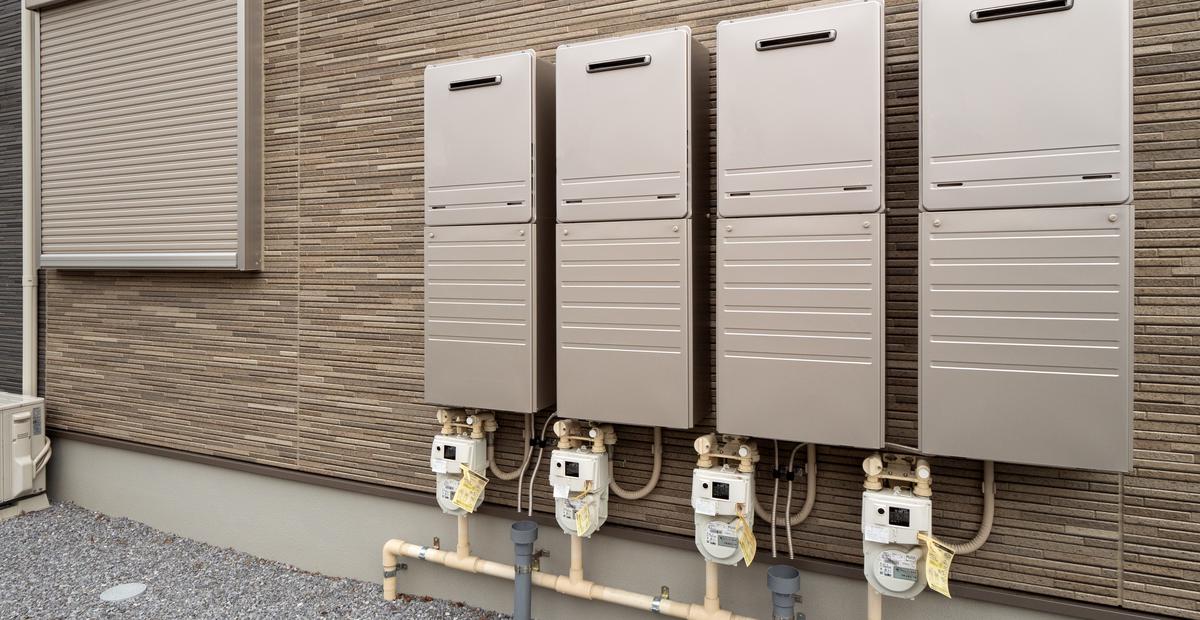
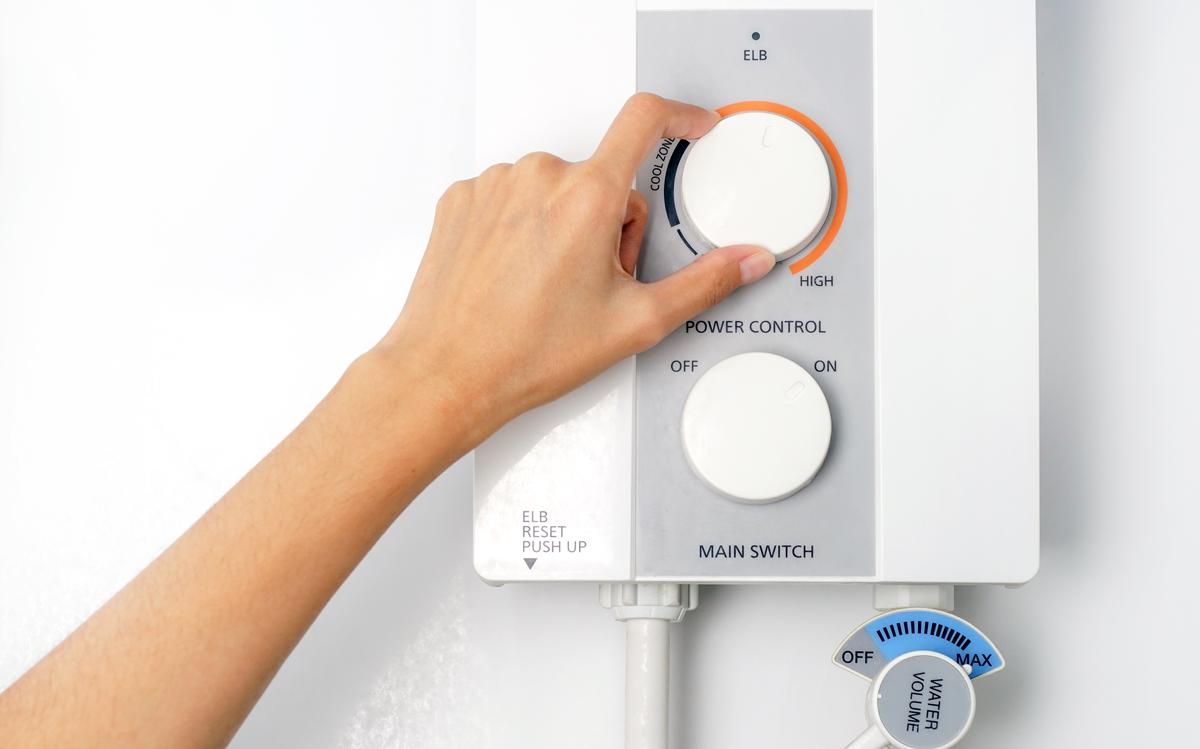
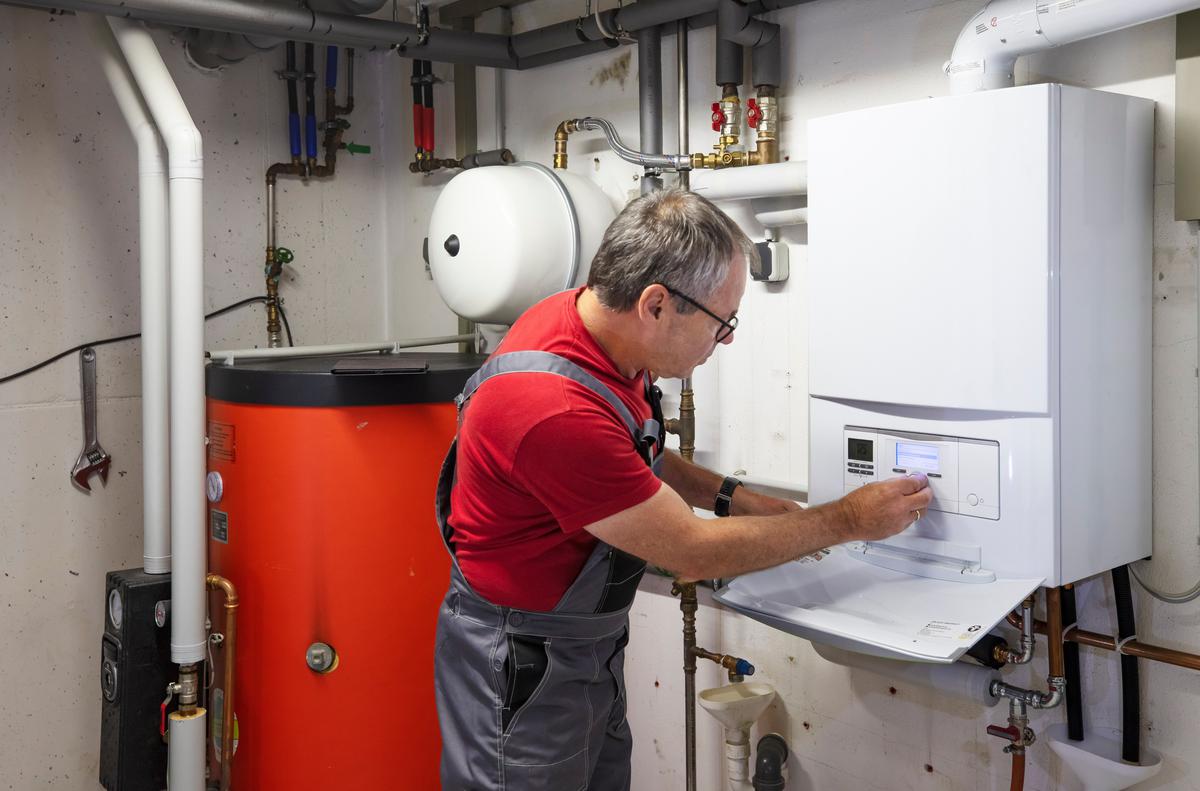


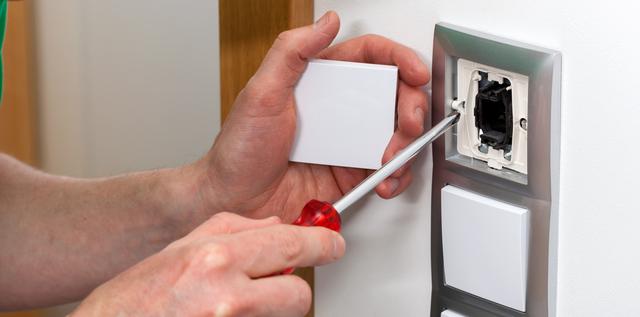
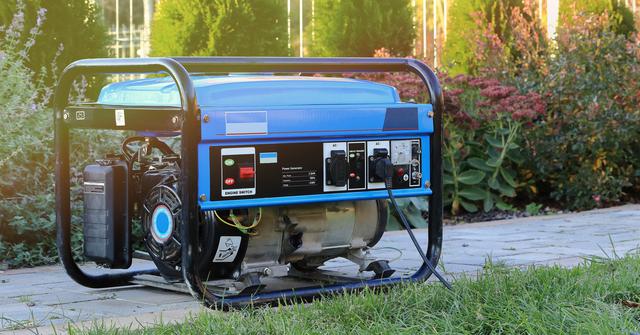
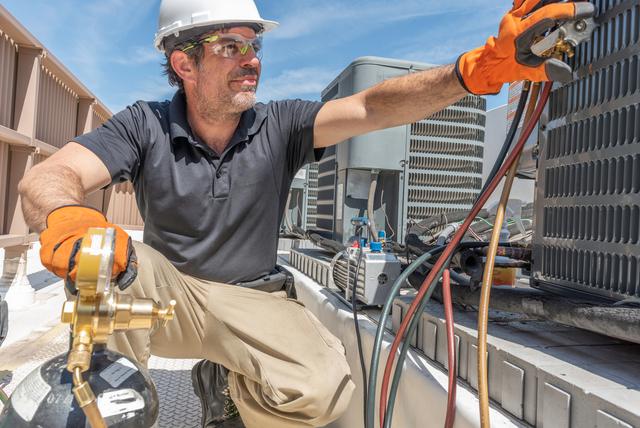
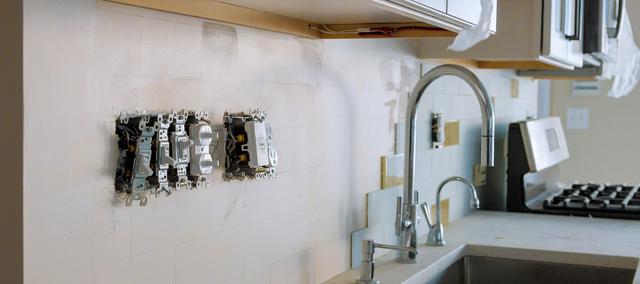
comments